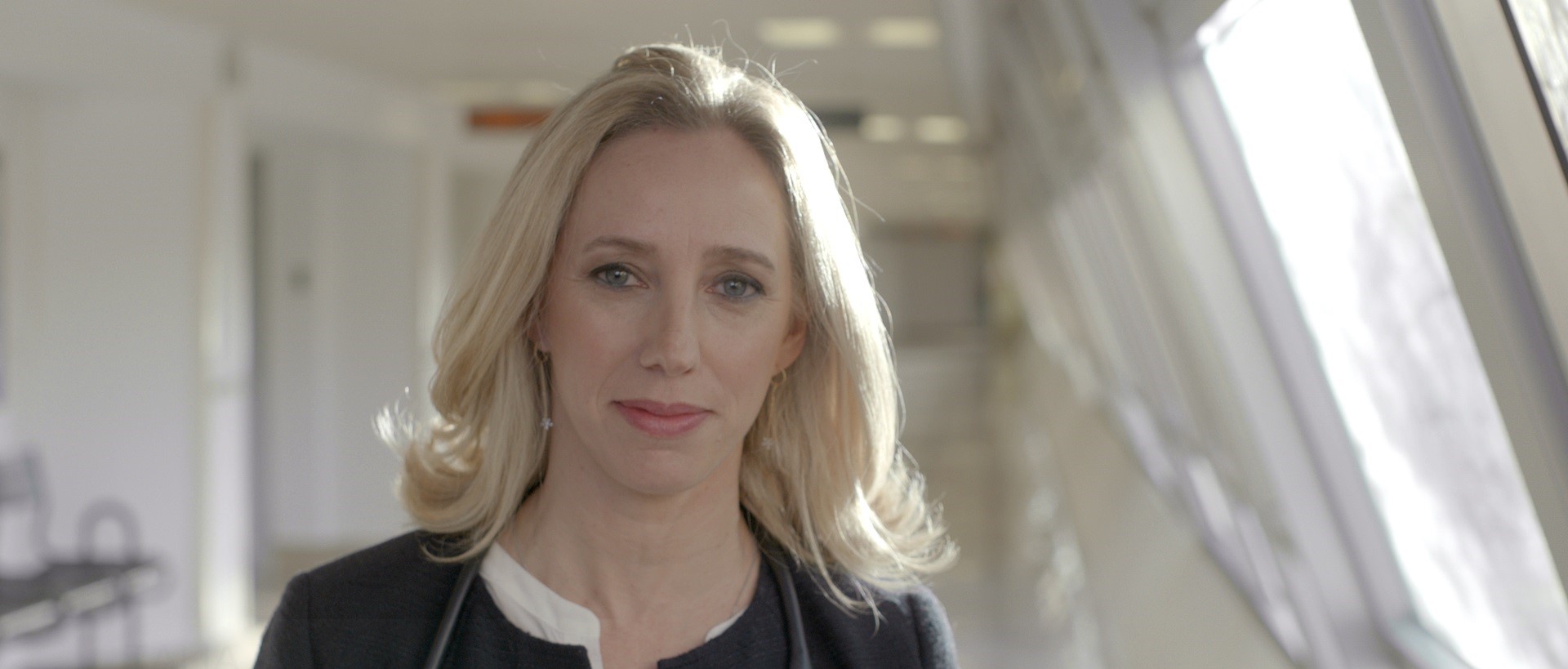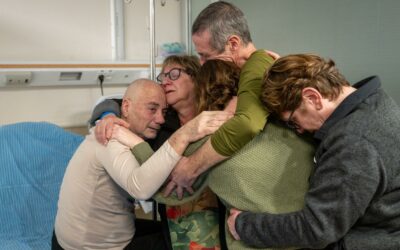TRIP22: Translational Research Perspectives in Pancreatic Cancer International Conference
The symposium was the second in the TRIP series, and focused on the pancreatic malignancy therapeutic and research paradigm: looking into the future from oncological and surgical perspectives and evaluating innovations in diagnosis, research, and treatment.
Organized by the Sheba Pancreatic Cancer Center together with NYU Langone, UCSF, the Ontario Institute of Cancer Research, and the Hebrew University of Jerusalem, the symposium brought together leading pancreatic cancer researchers and clinicians from Israel, USA, Canada, Spain, Italy, Germany, Austria, Ireland and more. Attendees included oncologists, surgeons, radiologists, gastroenterologists, and scientists.
Pancreatic Cancer Center: Dr. Talia Golan
Besides discussion, several collaborations were concluded in the event, which will hopefully help the pancreatic cancer community develop more effective approaches and improve pancreatic cancer care.
Several lectures were provided during the event, including that of Sheba’s Dr. Talia Golan: The spectrum of response to platinum and PARP inhibitors in germline BRCA pancreatic cancer in clinical & pre-clinical settings. Dr. Golan, who serves as Director of the Phase I Clinical Trials Unit at Sheba’s Pancreatic Cancer Center, earned a global reputation for her pancreatic cancer research accomplishments, and currently oversees trials on novel metastatic pancreatic cancer therapies in collaboration with two of the world’s largest biopharmaceutical companies, AstraZeneca and MSD (Merck).
Part of Sheba’s Oncology Hospital, the Pancreatic Cancer Center offers patients premier care by leveraging cutting-edge facilities in addition to a staff of leading oncologists, surgeons, pathologists, and radiologists.





